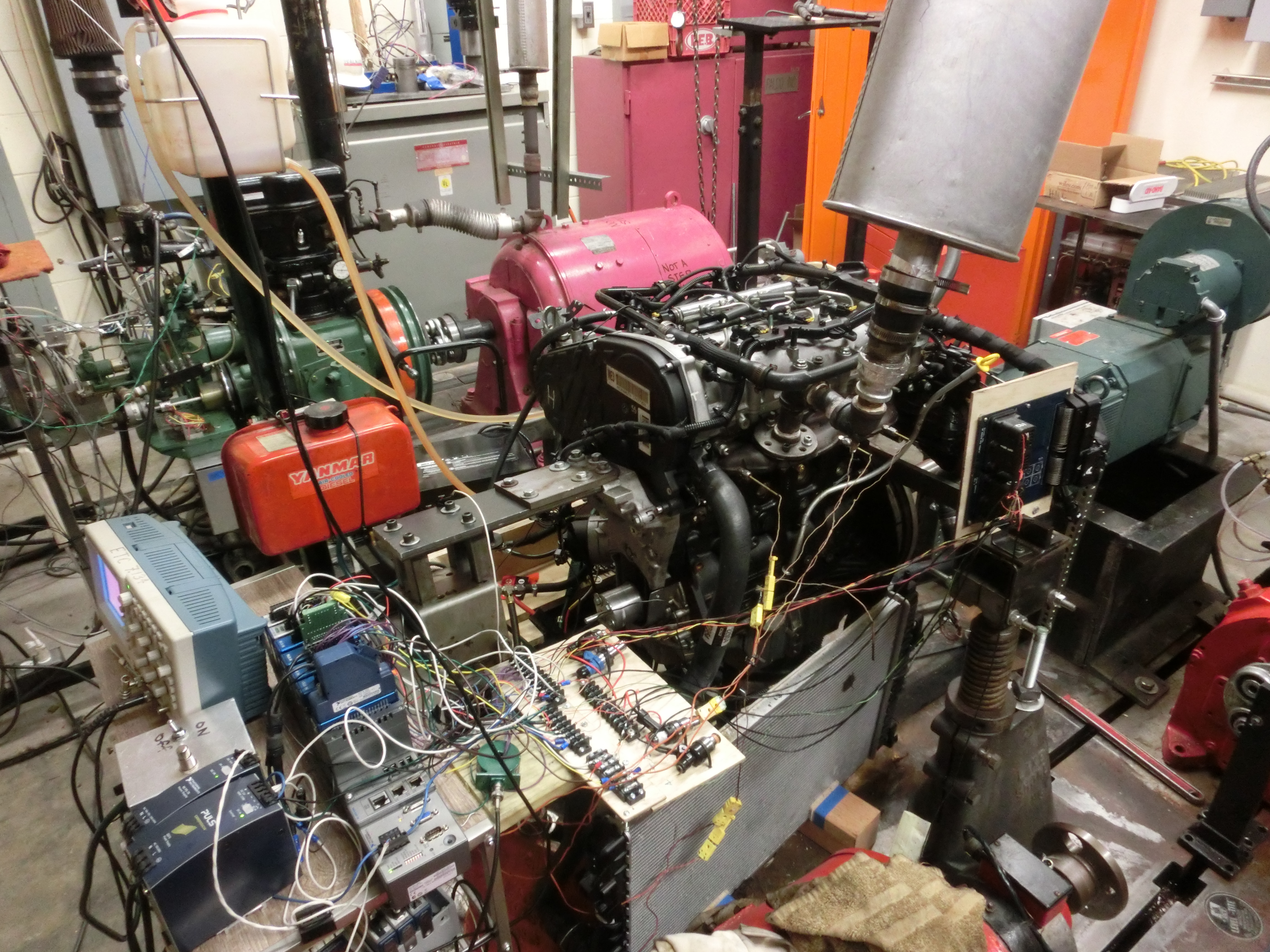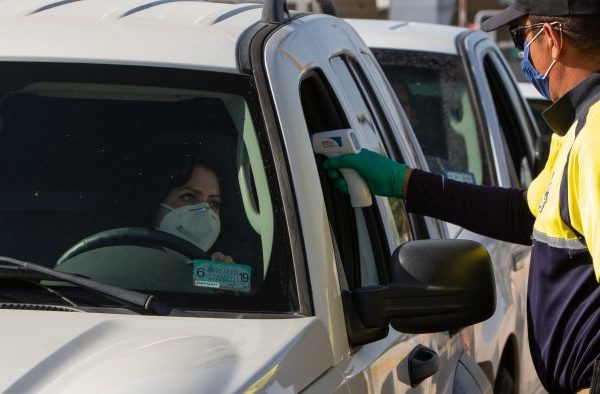A few years ago, engineering associate professor Chris Rylander studied how small fire pistons could be used by campers and backpackers to decontaminate surfaces from bacteria such as E. coli.
In the midst of a pandemic involving an airborne virus, he’s extending that research to see if these pistons, operating on a larger scale could incinerate coronavirus particles in the air.
“Which actually should be easier to do because a surface such as what I was using before absorbs some of that heat energy,” Rylander said.
Using a diesel engine powered by an electric motor to suck up particles in the air, Rylander said he thinks the compression and temperature spike inside the engine could be enough to make the virus particles combust, or at least become inactive in a matter of milliseconds.
Rylander daid if the research pans out, existing internal combustion engines could be retrofitted and perhaps attached to air conditioning units to clean the air in large, high-risk indoor environments such as hospitals, schools and grocery stores.
“So similar to a filter system that’s already in place in a hospital, this engine could be put in line with it and pulling the air and sterilizing the air as it blows through the air conditioning system,” Rylander said.
Right now, Rylander and his teammates are trying to secure funding to ramp up the research. He hopes to get it underway within a month.
If you found the reporting above valuable, please consider making a donation to support it here. Your gift helps pay for everything you find on texasstandard.org and KUT.org. Thanks for donating today.
















